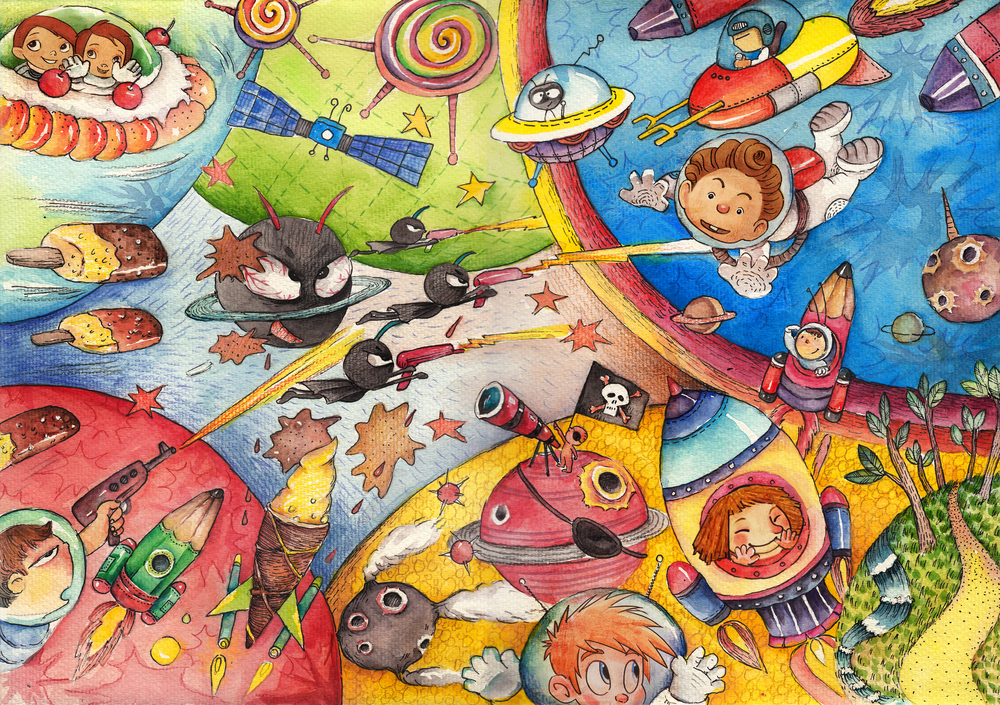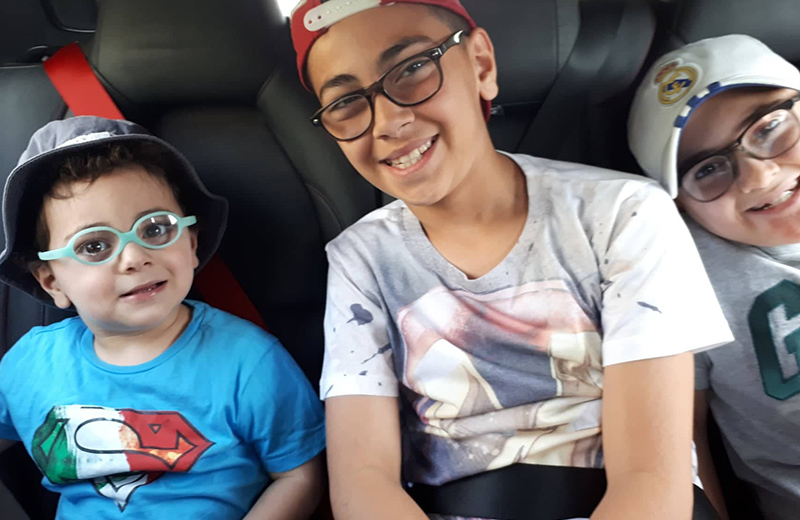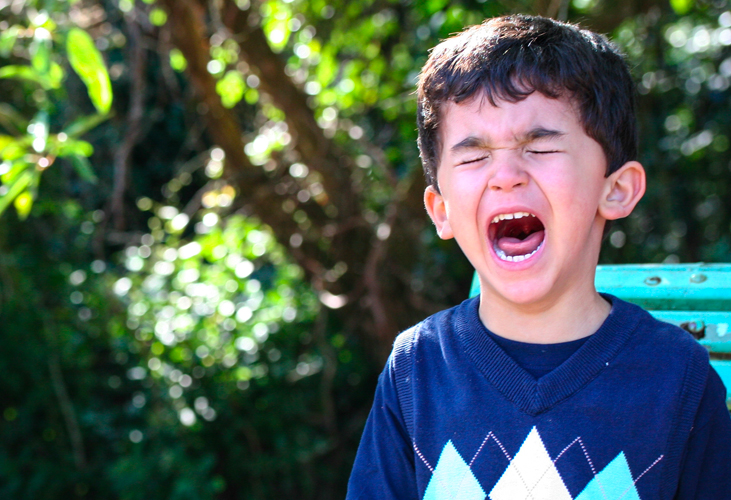Community Living
Insensitive comments parents of special needs kids hear.

The way to approach parents of children with disabilities, learning or otherwise, is with kindness. Yet despite being in the year 2020, some parents are still having to hear uneducated, and many a time shocking, comments about their children’s disorders.
I don’t have a learning disability but I feel strongly about promoting awareness around this subject, as well as supporting parents who are under enough stress as it is, without having to encounter unnecessary sympathy from ill-informed individuals.
To offer you real-life examples, I spoke to Tarek Hbeichi, an Educator with 12 years’ experience as a Special Education Teacher, and to a mother of a young boy with Angelman Syndrome; both shared firsthand accounts of some of the most inappropriate questions and statements they’ve encountered about special needs children.
Tarek’s experiences
For over a decade, Tarek has taught special programmes for children with learning disabilities at schools in the US, Qatar and Jordan. He currently teaches in Washington D.C.
-
“Your child is retarded.”
This is a pejorative term expressing a negative connotation. Don’t use it; it is politically-incorrect.
-
“Your child won’t be able to meet grade-level benchmarks.”
Just because a child has a learning disability, does not mean they can’t progress and excel at something.
-
“You’re lucky to have a ‘normal’ kid too.”
Children with disabilities are “different,” not “abnormal.”
-
"Have you tried doing this or that?”
The complexity of a disabled child’s needs differs depending on their disorder. Rest assured that their parents are trying all the right methods to help their child.
-
“They're not really autistic (or insert other disability), they just need discipline.”
You’re not an expert, therefore, you cannot diagnose a child’s condition nor should you question their diagnosis.
-
“What’s wrong with them?”
Instead of asking “what’s wrong with your child?,” try saying something like “I’d like to learn more about the type of disability your child has.”
-
“Parenting your child must be so hard.”
Parenting any child is hard. Yes, there might be extra tasks and duties that parents of disabled children must carry out, but to them, they’re just part of their everyday routine. In other words, parenting their children is just as “hard” as parenting your children.
-
“Have you tried a cure?”
Learning disabilities have no cure, but early intervention can lessen their effects, while the child can develop ways to cope with their disabilities.
-
“This is just temporary, right?”
Again, learning disabilities are not something that comes and goes.
-
“They look normal; are you sure they have special needs?”
There is no certain way a child must look simply because they have special needs, just in the same way you look and act differently to those without learning difficulties.
-
“You must be scared of the future.”
Parents worry about their children’s futures regardless of whether they’re special needs or not.
-
“Wow, it’s amazing how smart they are, or wow, they can actually speak, etc.”
Having a learning disability does not mean that the child is stupid, it just means that their speed of learning certain things is delayed and that some of their motor skills may take longer to train before they function normally.
Mother’s experiences
-
“Do you feel guilty for bringing a disabled child to the world?”
There is nothing to feel guilty about. A parent doesn’t choose to have or not have a special needs child. Also, just because a child has a learning disability, does not mean that they can’t lead a normal, healthy and happy life.
-
“Don’t have more children as they might be disabled too.”
This statement is utterly ignorant and shouldn’t need an explanation as to why no one should ever make such a suggestion.
-
“Is it not embarrassing for you to be seen in public with your disabled child?”
There is absolutely nothing wrong with having a disabled child, therefore, there is absolutely nothing embarrassing about doing one of the most natural things in the world, which is to go out in public with your own child.
-
“God willing, as compensation, you will enter heaven for taking care of your disabled child.”
Just because a child is disabled does not mean that their parents will earn more good deeds and go directly to heaven.
-
“May God cure him.”
This is not an illness like cancer or diabetes. As pointed out above, a learning disability can be managed, not cured.
-
“You only went to the best and most expensive special needs centre so that you can feel less guilty about having a disabled child.”
Or maybe it’s because the parents actually love and care about their child and want to offer them the best programmes available.
-
“You put them in a special needs centre because you’re embarrassed to have them around ‘normal’ kids.”
Not all schools are equipped to deal with children with special needs. If they are, great, if they aren’t, well, a specialist centre is where their child needs to go to receive tailored education for their disorder.
-
“Your child has reached age X and they still can’t speak, so stop wasting money on speech therapy.”
Speech therapy and most therapies take time to show results. Just because they’re taking longer than you think they should, does not mean that they’re not working.
-
“Let them mix with ‘normal’ kids and they’ll become like them.”
Does your ‘normal’ child become a maths whizz simply by hanging out with one? There’s your answer.
-
“They’re autistic because you let them play with their iPads and watch too much TV from a very young age.”
That’s not how autism works! Click here for an introduction to autism.
-
“Removing children from a play area where disabled kids are playing because they think they’re contagious.”
This is not chickenpox! You and your child cannot “catch” Down Syndrome or Dyslexia from touching or being near someone who has it.
Children with special needs don’t realise that there’s something “different” about them, so it is up to you not to make them feel different. Treat them like you would any other person; don’t patronise or use condescending language when speaking to them, and most importantly, don’t say any of the above to them or to their parents.
Knowledge is power. Now that you have more knowledge on this subject, YOU have the power to spread the word and make a positive difference in the world.
*Thumbnail photo credit: www.openaccessgovernment.org














